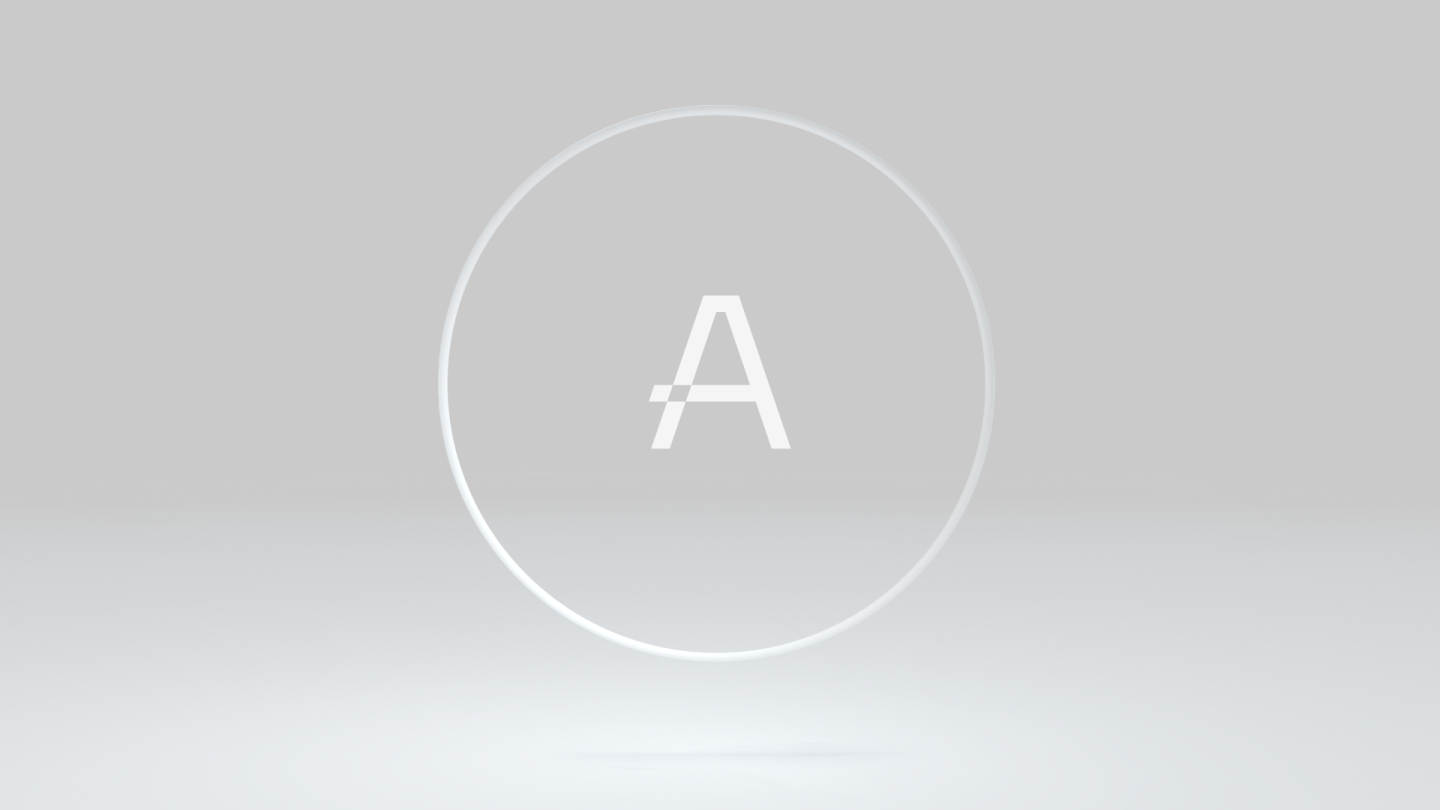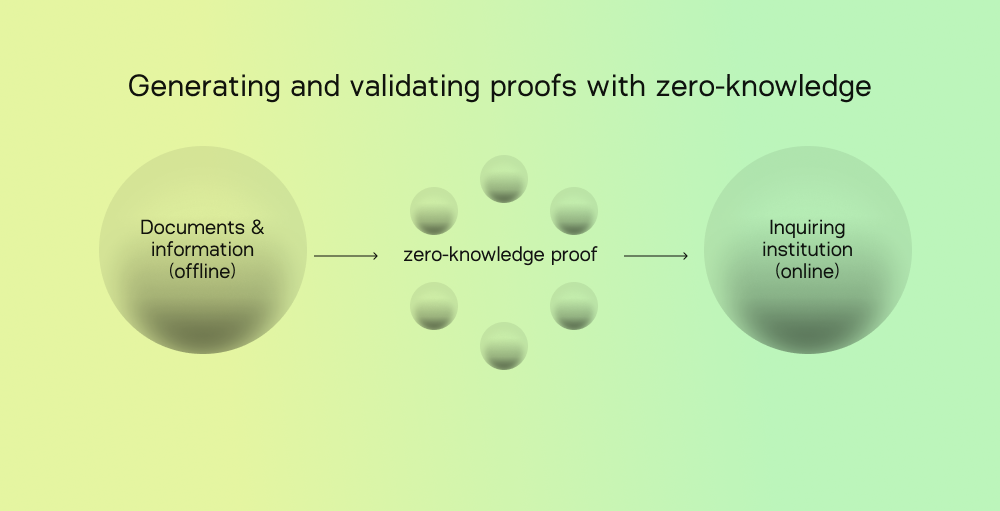What is Aleo, the privacy-first blockchain?

If you haven’t heard of Aleo before, you’ve come to the right place. We’re known around the Web3 community as the Layer-1 blockchain developers can use to build a safer, more secure internet.
The Aleo Network allows unaffiliated nodes — individual computers, phones, and other devices — to work together to update a ledger. This ledger is used to maintain records: encrypted data owned by end-users, and mappings, public shared data owned by programs. That makes it very similar to other widely used and provably secure blockchain ledgers, like Ethereum, but with one important additional safety mechanism: Aleo is purpose-built so that developers can do all of this without needing to publish all of their users’ data.
Ethereum and others update their ledger with the actual data being stored and updated on them: for instance, if you share your date of birth on those networks, all the other nodes can access it too. Because blockchains are public by nature, this makes it impossible to fully protect personal data without further innovation.
Aleo uses zero-knowledge technology to help companies and developers build applications that update the ledger without sharing personal data with everyone else on the internet. It provides a way for people to show “proof” that something is true, without revealing any extraneous information more broadly. For example, you can share a proof showing you are over 21 without revealing your exact age.
Data breaches rise — and technology hasn’t kept up
People care about how their data is being stored and protected online, and yet at least 33% of consumers are victims of data breaches from organizations that promise to keep their data safe.
Those public and private institutions need to verify critical information online. But by holding that data, both businesses and governments become targets: 1 in 40 organizations faced a ransomware attack each week in 2022, and such attacks are becoming more common, not less.
The United States, the European Union, and a host of state actors have tried to combat the problem, with regulations like the European Union’s General Data Protection Regulation (GDPR) and the California Consumer Privacy Act (CCPA) becoming the norm.
However, despite some progress, the cost of providing cyber security and the risk of data breaches remains prohibitively expensive. Both the ordinary people using online services and the governments and businesses providing those services are searching for a more secure digital reality.
How does Aleo protect users and organizations?
Aleo gives people the ability to safely provide the information necessary to access online services while keeping enterprises from having to bear the regulatory and financial risk of maintaining and securing that data.

It does so in a way that is technically complex, but generally simple. People supply the direct documents and information offline, which is then translated into a zero-knowledge proof that can be shared with the inquiring institution online. That way, the proof necessary to access services is made available in a trustworthy fashion, without ever exposing the critical information behind that proof. This is somewhat analogous to how users can buy things online with their credit cards while using encryption to minimize how broadly their credit card information is shared, thus providing the functionality of e-commerce while minimizing the risk of credit card theft.
The Aleo Network’s ability to generate and validate proofs in a secure way relies on zero-knowledge technology. Even though proposed updates are “confidential,” the underlying cryptography still allows unaffiliated nodes to confirm that their content is “true” without containing any of the off-chain content itself (anything from sports scores and weather reports to proprietary data or personal identification numbers).
Developers can build applications that help migrate data onto the ledger. Once that is accomplished, the Aleo Network allows that information to live on the ledger confidentially or publicly depending on use (e.g., weather reports can be kept publicly, whereas social security numbers can be kept confidentially).
Once this data is on the blockchain, it can be leveraged going forward and its accuracy can be verified without revealing more than the user intended to reveal. The developer of the application — whether that’s a private business or a government institution — can also choose what information they would and wouldn’t like to store, limiting their data storage, and thus, their likelihood of being targeted for cyber attacks.
Who is Aleo Systems?
Aleo Systems is the company that built the Aleo Network, as well as the host of this website. It is open-sourcing the network as a blockchain that exists independently from the company: in other words, it is “giving the Aleo Network to the world.” The Network will thereafter live as an open source protocol that is governed by its users, and Aleo Systems will pivot to building products and services on top of the Network.
Launching an open-source ecosystem
Aleo is in the final stages of rolling out its testnet, with the launch of its mainnet coming soon. After launch, Aleo Systems will relinquish all control of the Aleo Network and the network will live independently of its founding company — similar to other decentralized systems like Ethereum, which would continue to exist even without the Ethereum Foundation. The founding company will then pivot to opportunities to build in the world of zero-knowledge applications. This means that participants on the Aleo Network are participants in an open-source ecosystem, rather than a managed or curated ecosystem in which the Company has any special role.
For more information on Aleo, visit our About Us page.


